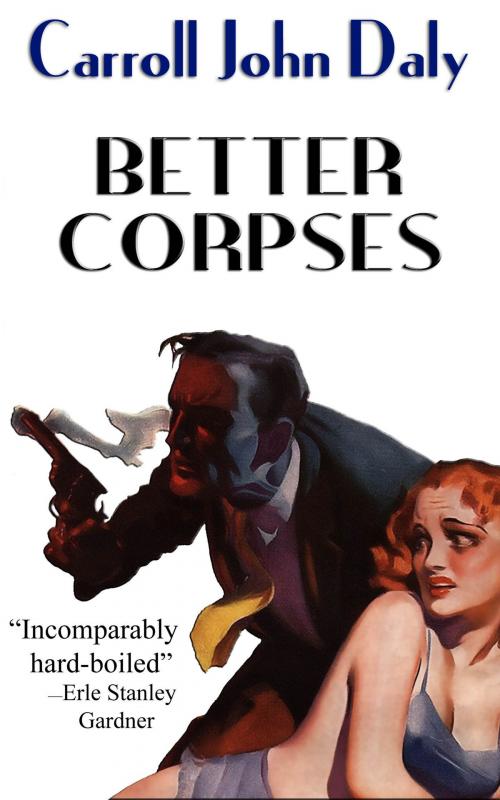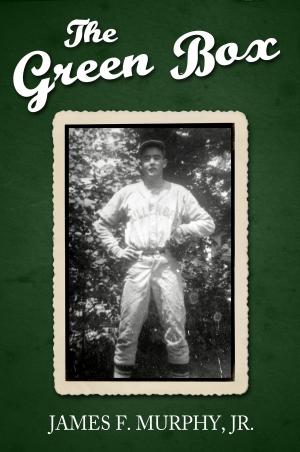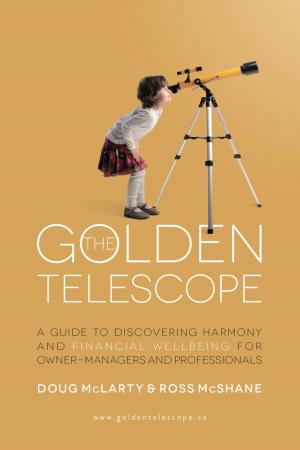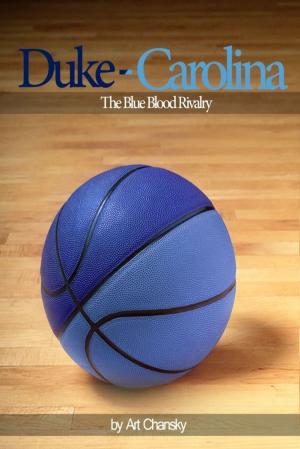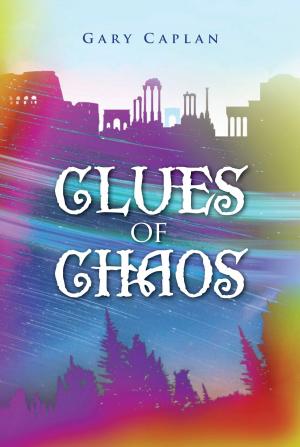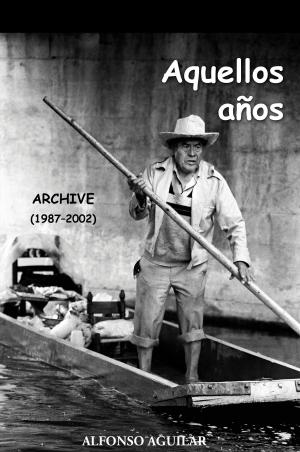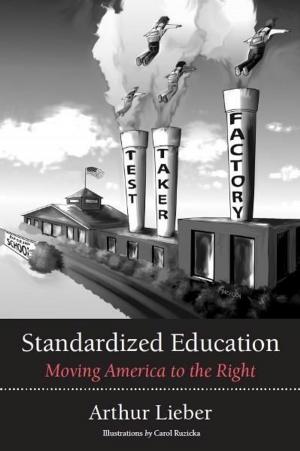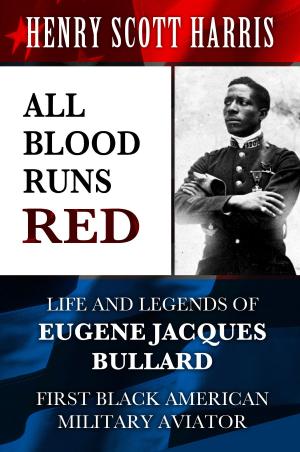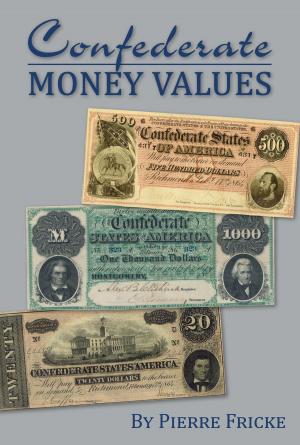| Author: | Carroll John Daly | ISBN: | 9781927551516 |
| Publisher: | ebookit | Publication: | January 13, 2013 |
| Imprint: | St. Swithin Press | Language: | English |
| Author: | Carroll John Daly |
| ISBN: | 9781927551516 |
| Publisher: | ebookit |
| Publication: | January 13, 2013 |
| Imprint: | St. Swithin Press |
| Language: | English |
Better Corpses, by Carroll John Daly, the man who founded the hard-boiled detective genre.
Erle Stanley Gardner calls Daly's hero, Race Williams, "incomparably hard-boiled, bone-crushing, and fast shooting," and The New York Times describes Daly's writing as filled with "swift action, gorgeous fighting and hairbreadth escapes."
After Mary Morse discovers her uncle's criminous secret, she and her family are faced with ruin at the hands of blackmailers. Seeking help from the police would be equally ruinous to her family, so she must engage Race Williams' assistance.
Race understands discretion as well as the need to break a jaw or two. His ethical code is ambiguous and he "ain't afraid of nothing providing there's enough jack in it." He's the perfect man for a job that lies on the margins of civil society. He's neither a hero nor a villain, but he is rather fond of violent solutions to sticky situations.
From the book:
His face was a perfect example of modern art. All shoved around as if a horse with a taste for the latest in sculpture had kicked him carefully in the kisser. He came from the lighted room beyond into the dimness of the outer office, and didn't get a good look at me at first.
He spoke. Tough, side-of-the-mouth stuff. "There's a sign on the door says knock." He walked slowly towards me; menacing; threatening, or at least his interpretation of such theatricals. It was a cinch that here was one real estate firm that wasn't used to clients; didn't wish any, at least didn't at this time. I slipped sideways closer to the wall and the deeper dimness, said, "I want to see Jim Corrigan, and I don't want any of your lip."
"You do, eh?" He tried to get a look under my hat, couldn't make out my face. "What do you want to see Mister Corrigan about?" And he laid the "Mister" on thick.
"I was thinking," I said slowly, "of knocking all his teeth down his throat."
Erle Stanley Gardner calls Daly's hero, Race Williams, "incomparably hard-boiled, bone-crushing, and fast shooting," and The New York Times describes Daly's writing as filled with "swift action, gorgeous fighting and hairbreadth escapes."
After Mary Morse discovers her uncle's criminous secret, she and her family are faced with ruin at the hands of blackmailers. Seeking help from the police would be equally ruinous to her family, so she must engage Race Williams' assistance.
Race understands discretion as well as the need to break a jaw or two. His ethical code is ambiguous and he "ain't afraid of nothing providing there's enough jack in it." He's the perfect man for a job that lies on the margins of civil society. He's neither a hero nor a villain, but he is rather fond of violent solutions to sticky situations.
From the book:
His face was a perfect example of modern art. All shoved around as if a horse with a taste for the latest in sculpture had kicked him carefully in the kisser. He came from the lighted room beyond into the dimness of the outer office, and didn't get a good look at me at first.
He spoke. Tough, side-of-the-mouth stuff. "There's a sign on the door says knock." He walked slowly towards me; menacing; threatening, or at least his interpretation of such theatricals. It was a cinch that here was one real estate firm that wasn't used to clients; didn't wish any, at least didn't at this time. I slipped sideways closer to the wall and the deeper dimness, said, "I want to see Jim Corrigan, and I don't want any of your lip."
"You do, eh?" He tried to get a look under my hat, couldn't make out my face. "What do you want to see Mister Corrigan about?" And he laid the "Mister" on thick.
"I was thinking," I said slowly, "of knocking all his teeth down his throat."
Better Corpses, by Carroll John Daly, the man who founded the hard-boiled detective genre.
Erle Stanley Gardner calls Daly's hero, Race Williams, "incomparably hard-boiled, bone-crushing, and fast shooting," and The New York Times describes Daly's writing as filled with "swift action, gorgeous fighting and hairbreadth escapes."
After Mary Morse discovers her uncle's criminous secret, she and her family are faced with ruin at the hands of blackmailers. Seeking help from the police would be equally ruinous to her family, so she must engage Race Williams' assistance.
Race understands discretion as well as the need to break a jaw or two. His ethical code is ambiguous and he "ain't afraid of nothing providing there's enough jack in it." He's the perfect man for a job that lies on the margins of civil society. He's neither a hero nor a villain, but he is rather fond of violent solutions to sticky situations.
From the book:
His face was a perfect example of modern art. All shoved around as if a horse with a taste for the latest in sculpture had kicked him carefully in the kisser. He came from the lighted room beyond into the dimness of the outer office, and didn't get a good look at me at first.
He spoke. Tough, side-of-the-mouth stuff. "There's a sign on the door says knock." He walked slowly towards me; menacing; threatening, or at least his interpretation of such theatricals. It was a cinch that here was one real estate firm that wasn't used to clients; didn't wish any, at least didn't at this time. I slipped sideways closer to the wall and the deeper dimness, said, "I want to see Jim Corrigan, and I don't want any of your lip."
"You do, eh?" He tried to get a look under my hat, couldn't make out my face. "What do you want to see Mister Corrigan about?" And he laid the "Mister" on thick.
"I was thinking," I said slowly, "of knocking all his teeth down his throat."
Erle Stanley Gardner calls Daly's hero, Race Williams, "incomparably hard-boiled, bone-crushing, and fast shooting," and The New York Times describes Daly's writing as filled with "swift action, gorgeous fighting and hairbreadth escapes."
After Mary Morse discovers her uncle's criminous secret, she and her family are faced with ruin at the hands of blackmailers. Seeking help from the police would be equally ruinous to her family, so she must engage Race Williams' assistance.
Race understands discretion as well as the need to break a jaw or two. His ethical code is ambiguous and he "ain't afraid of nothing providing there's enough jack in it." He's the perfect man for a job that lies on the margins of civil society. He's neither a hero nor a villain, but he is rather fond of violent solutions to sticky situations.
From the book:
His face was a perfect example of modern art. All shoved around as if a horse with a taste for the latest in sculpture had kicked him carefully in the kisser. He came from the lighted room beyond into the dimness of the outer office, and didn't get a good look at me at first.
He spoke. Tough, side-of-the-mouth stuff. "There's a sign on the door says knock." He walked slowly towards me; menacing; threatening, or at least his interpretation of such theatricals. It was a cinch that here was one real estate firm that wasn't used to clients; didn't wish any, at least didn't at this time. I slipped sideways closer to the wall and the deeper dimness, said, "I want to see Jim Corrigan, and I don't want any of your lip."
"You do, eh?" He tried to get a look under my hat, couldn't make out my face. "What do you want to see Mister Corrigan about?" And he laid the "Mister" on thick.
"I was thinking," I said slowly, "of knocking all his teeth down his throat."
